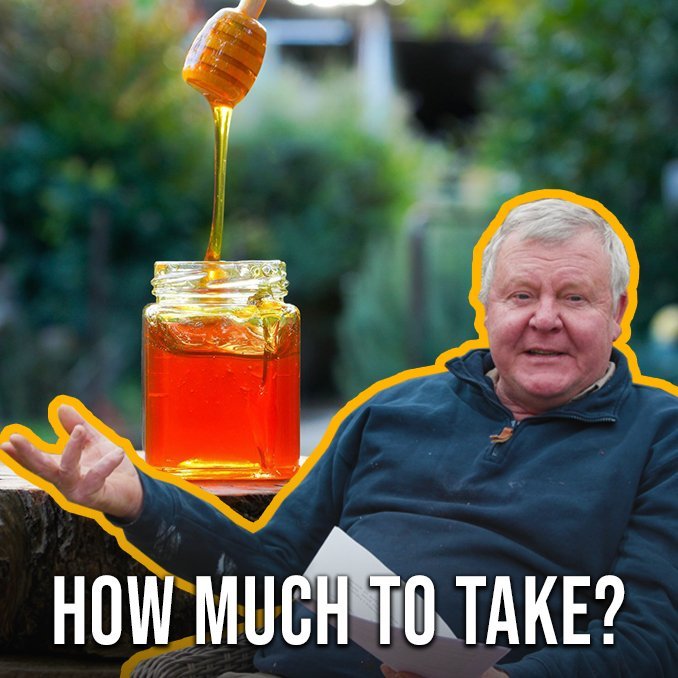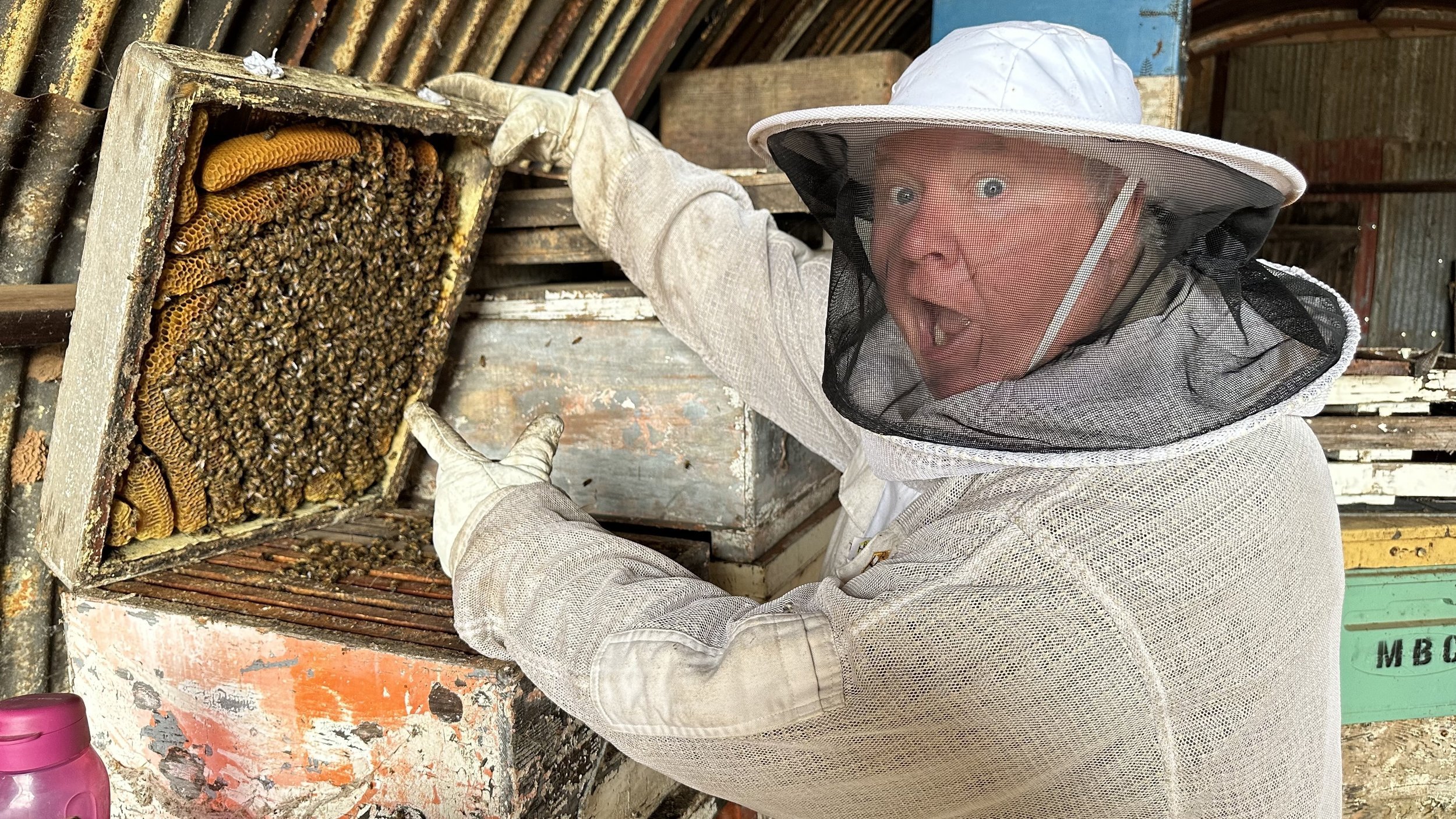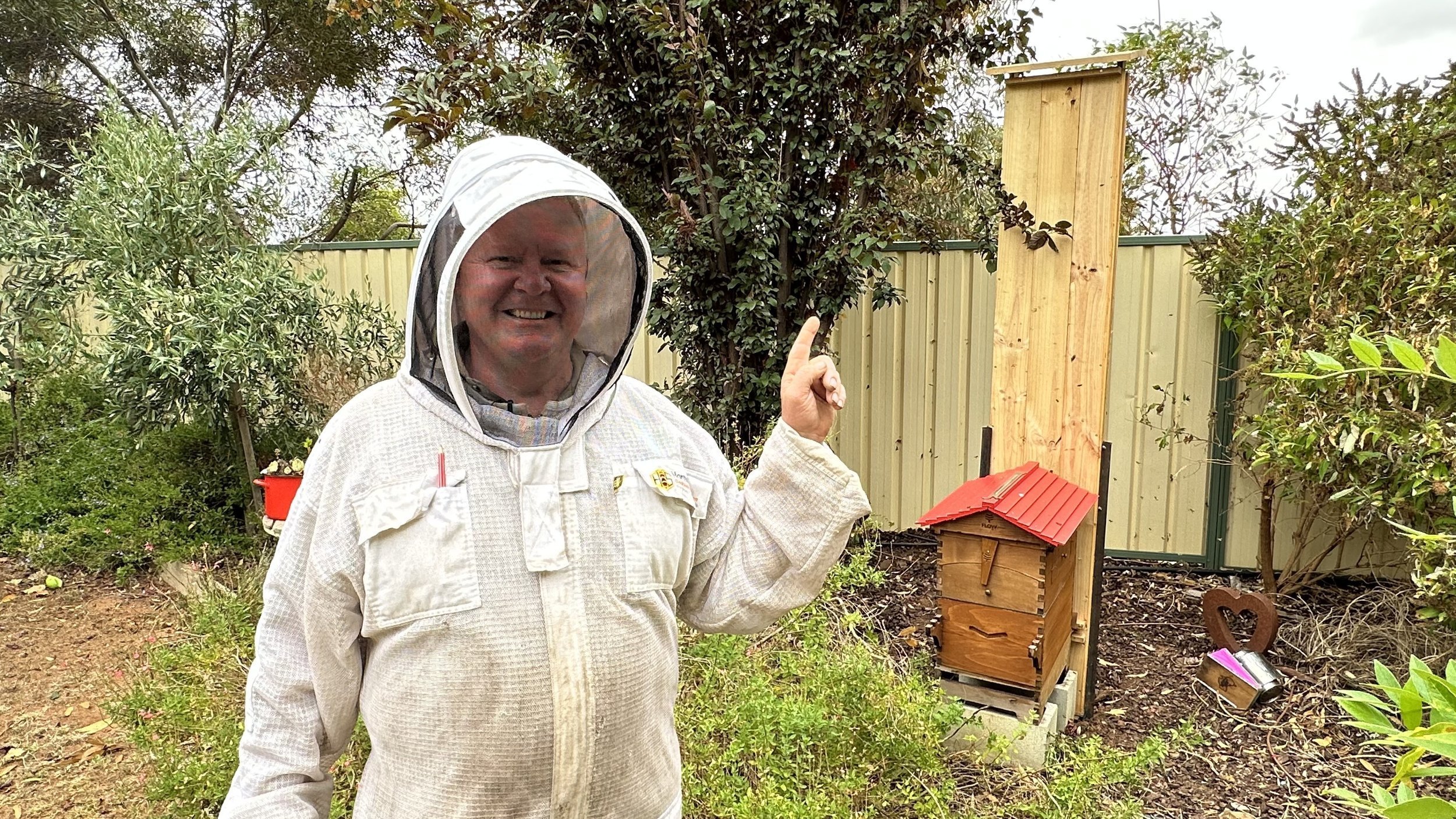
Beekeeping Q&A: How Much Honey Should You Leave for Your Bees?
Beekeeping is a fascinating hobby and profession that comes with its own set of challenges and rewards. This month, we delve into some of the most pressing questions beekeepers face, from controlling ants around the hive to understanding the intricacies of honey production. Let's dive in!

Navigating Almond Pollination and Preparing for the Varroa Mite Challenge
Explore the fascinating world of almond pollination and the challenges of Varroa mite management in beekeeping. Learn about the importance of brood breaks and innovative strategies to protect bee colonies. Join us on this journey into the heart of beekeeping, from the buzzing hives to the blooming almond orchards.

The Uninvited Guests: A Surprise Swarm Saga
In the heart of a regular workday, amidst the humdrum of my rustic shed, I discovered an unexpected conglomeration of bees taking residence amongst my tools. A surprising sight indeed, as who'd expect to find a buzzing community of bees amidst the oil and iron?

Innovations at Whale Labs: Bee Venom Harvesting
You're in for some sweet, sticky knowledge about the latest buzz in town: Whale Labs. Nestled on the Gold Coast, this hive of activity has been cooking up some un-bee-lievable inventions with our favourite black and yellow buddies. And what's their latest concoction, you ask? A bee venom harvester. Yep, you read that right. It's not your everyday gadget, but it's causing quite the buzz!

DIY Bee Chimney: Guiding FlowHive Bees Over the Fence with The Bush Bee Man
Are you a backyard beekeeper with a FlowHive, looking for a creative solution to keep your bees from bothering your neighbours? Look no further! In this blog post, we'll recap an inventive project by Mark, The Bush Bee Man.

How to Split a Beehive
When you split a beehive, you're essentially creating two smaller hives from one larger one. This is done in the spring when the hive is healthy and packed with bees, but there's a risk that they could swarm if they get too crowded. Splitting the hive not only helps to prevent swarming, but it also doubles the number of hives you own, which can be beneficial for your honey production and overall hive health.

